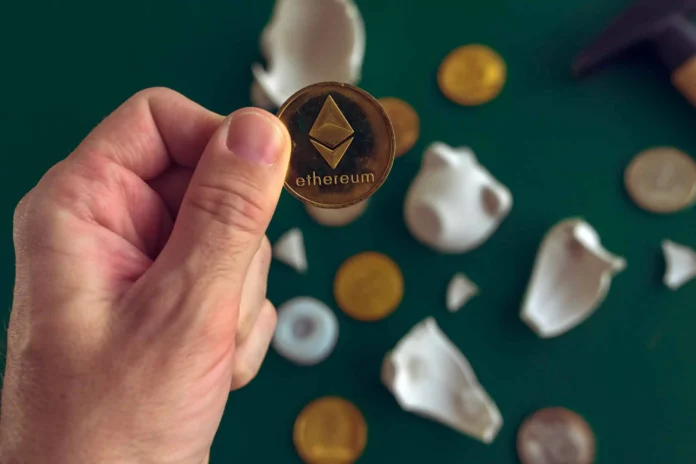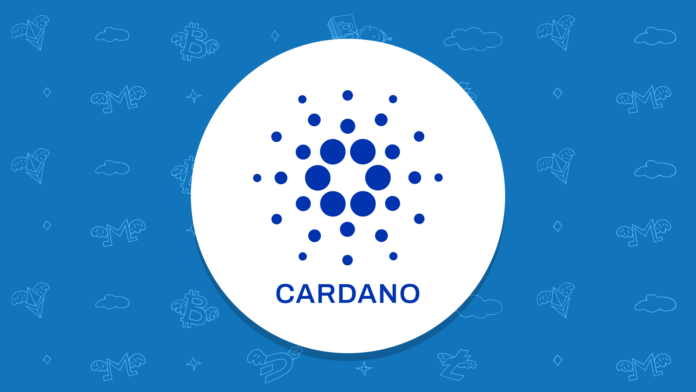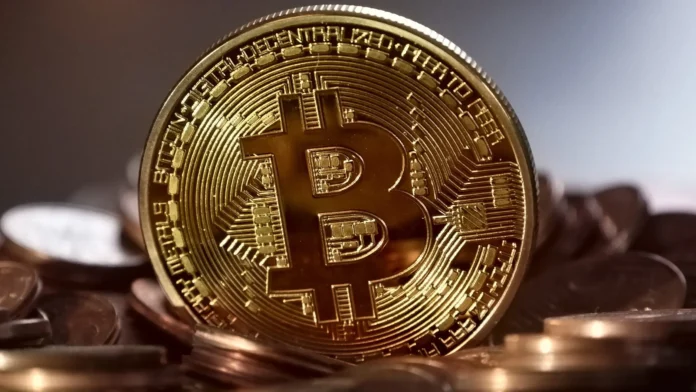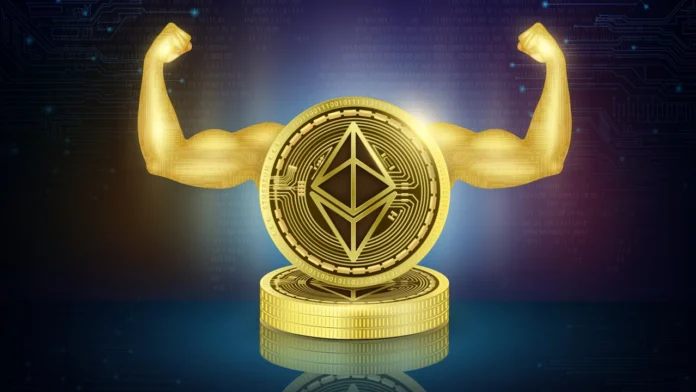Nothing beats Ethereum in regards to historical importance in the crypto. Indeed, Bitcoin is a staple for every investor, but Ethereum gained popularity quickly due to its unique features and improvements in blockchain technology. The ecosystem created by Vitalik Buterin is vast ―it leverages smart contracts, decentralized applications, DAOs, and even NFTs. Moreover, companies slowly but steadily adopt the blockchain since it’s a revolutionary ecosystem where data can be safely stored and managed.
However, a separate analysis must be done when it comes to the Ethereum price as seen in Binance data. That’s because Ethereum’s features might contribute to its value, but as a cryptocurrency, investors may prefer other coins. These are the competitors or Ethereum “killers”, that offer better products and services but are considerably behind Ethereum in regard to popularity. That’s why there’s a rumor that these blockchains will overthrow Ethereum. Does this statement have any substantial base?
Why does Ethereum have high competition?

Ethereum is considered an excellent tool for blockchain development and an overall good ecosystem for crypto users. At the same time, it continuously deploys updates that improve the blockchain.
But despite these advantages, there are a few aspects that upset investors. First, its blockchain congestion led to low transaction speeds and high gas prices, even if the digital environment is highly developed. The scalability issue led to numerous challenges, making developers turn to other blockchains that provide similar features but are less known.
Another worrying issue is linked to centralization risks. Although Ethereum claims to be fully decentralized and promotes the adoption of distributed ledgers globally, it seems like staking on Ethereum presents centralization signs. That’s because only a few staking pools and companies account for a considerable amount of the total share of stake ETH, raising questions about those who own Ethereum by being privileged with solid computational power.
So, which blockchains compete with Ethereum
Considering these aspects, emerging blockchains and ecosystems were created to mitigate Ethereum challenges and allow newbies to enter the crypto market. Hence, Ethereum alternatives became famous relatively fast, even if they were behind Ethereum’s value. Some of these include the following:
- Solana is considered to be the fastest blockchain on the market and operates considerably more transactions than Ethereum at lower costs. It leverages a multi-consensus mechanism for which it was created to build advanced dApps;
- Cardano has been developed with the contribution of academics, so the system is consistently improved and reviewed. Its energy usage is lower than Ethereum’s, similar to the costs. Interestingly, Cardano is a better blockchain regarding scalability through constant adjustments;
- Polkadot promotes its sharded infrastructure as an Ethereum alternative, so developers can use multiple blockchains to build high-tech applications through parachains;
There are many other alternatives to Ethereum that are less talked about. Avalanche, for example, is faster at supporting an increasing number of transactions compared to Ethereum. There’s also Algorand, which beats Ethereum in terms of handling network congestion due to its enhanced user performance.
But why are these alternatives not popular?

Although Ethereum is experiencing several issues, you don’t really hear people using Cardano or Polkadot. That’s because Ethereum has developed one of the best technological developments in recent years: smart contracts. These processes allow automation of a contract or transaction when both parties meet their predetermined conditions. Along with being time-efficient, using smart contracts spares the need for intermediaries to maintain the process.
Therefore, many of these competitors use Ethereum’s smart contract technology and borrowed many of its features. At the same time, the Ethereum community is one of the largest and most supportive of the blockchain, which is why developers and validators from Ethereum are spread worldwide.
Ethereum, being the first blockchain to promote DeFI protocols, also propelled it into the mainstream. The network owns more than half of the total value of DeFi applications. That’s because its infrastructure is simply perfect for creating DeFi systems.
Ethereum will always be one step forward due to updates
Another notable aspect of Ethereum leading the altcoin market includes constant updates. The creator of the blockchain, Vitalik Buterin, created an improvement roadmap tackling different upgrades of the blockchain that will solve some of its prominent issues. Some of the main goals of this roadmap are to make Ethereum safer, provide cheap transactions, ensure a better user experience, and set up for future-proofing.
The Merge was the first step in the roadmap. The update occurred in 2022 and made an important switch from PoW to PoS, and also reduced its energy consumption by about 99%. The update will be followed by these improvements:
- The Surge will improve scalability;
- The Scourge will fix decentralization;
- The Verge will simplify verifying blocks;
- The Purge will reduce computational requirements for nodes;
- The Splurge will deal with the remaining issues;
Moreover, other specific technical upgrades are planned, such as the Shanghai upgrade that was already shipped this year and improved staking withdrawals or the statelessness one that will also help nodes.
So, as you can see, Ethereum is making constant improvements that make it a better blockchain. So, it’s no wonder that its competitors may not catch up soon because even if they’re cheaper and faster, their ecosystems are not as developed.
What about Bitcoin?

Although Bitcoin is not technically considered an Ethereum killer, few speculators here and there believe that Bitcoin will always be leading the market despite Ethereum’s complete value. On the other hand, many investors would see Ethereum overcoming Bitcoin since it’s more advanced. Bitcoin is also known for polluting the environment since mining requires expensive mining rigs that consume a lot of energy. Meanwhile, Ethereum has considerably reduced its energy consumption and is making progress.
Final considerations
Ethereum “killers” are its main competitors, offering similar products and services at a better cost. Some of these include Solana, Cardano, and Polkadot, which have been created as Ethereum alternatives. They have more TPS than Ethereum, low gas fees, and are more consumer-friendly. However, since Ethereum entered the market with unique smart contract features, it’s most likely to keep it known as the second most popular cryptocurrency and blockchain.







